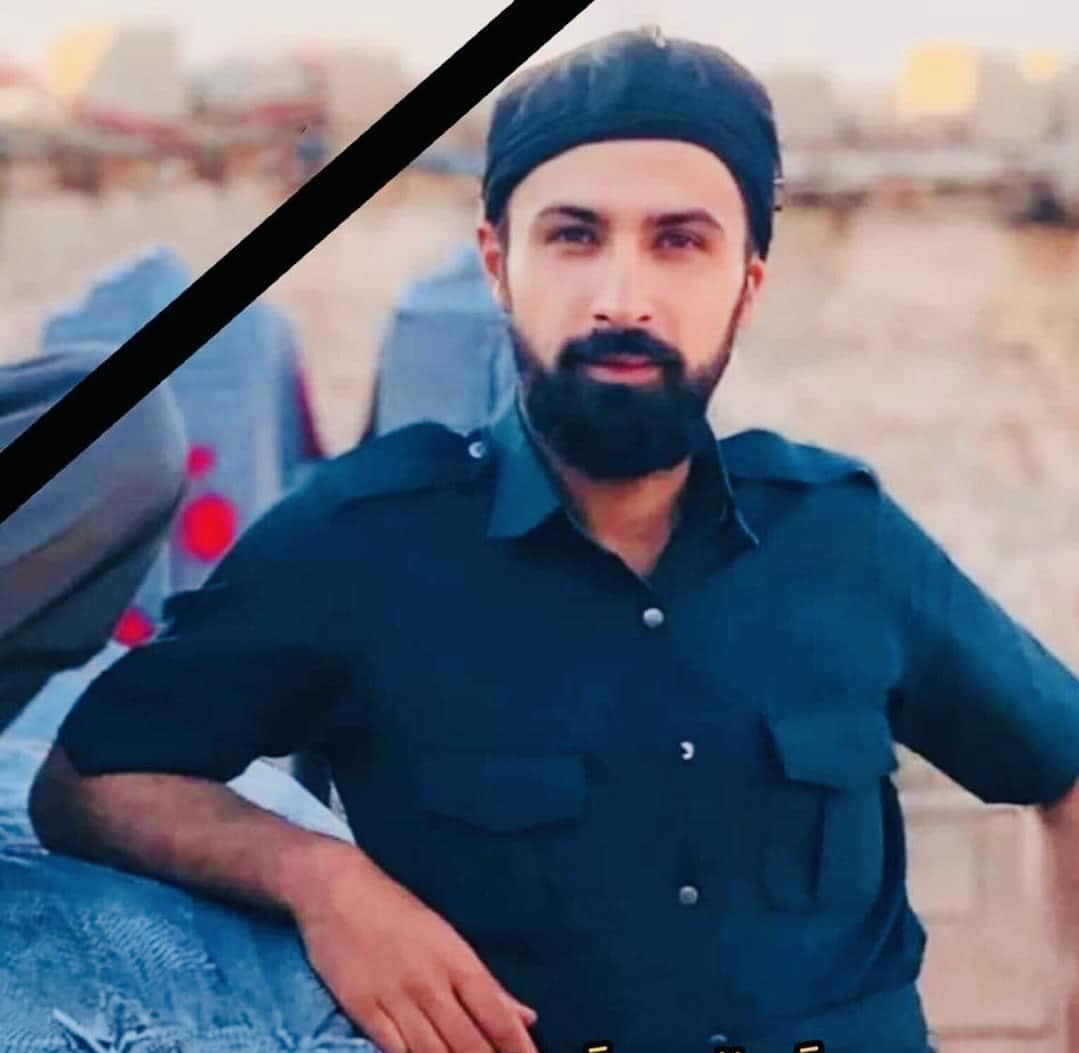Border Guards Kill Peasant in Hawraman
#Kurdfile
Timeline of Events:
August 19, 2023 – Killing: In a tragic incident in the village of Hanai Dan, located in the Hawraman area of Sulaimani, border guards shot and killed Aram Khalil, a young peasant from the nearby village of Sargata. Aram, who was working to support his family, became the latest victim in a series of violent encounters between border guards and local residents.
August 19, 2023 – Retaliation: The killing sparked immediate outrage among the residents of Hawraman. In an act of retaliation, locals attacked a border guard base, setting fire to the headquarters. The incident reflects the deep frustration and anger within the community, which has grown weary of repeated violence by those meant to protect them.
August 20, 2023 – Funeral: Aram Khalil’s funeral was held the following day, with a large turnout from the local community. A team of soldiers attempted to attend the funeral, likely as an act of conciliation, but they were refused entry by the mourners. This rejection underscored the community’s ongoing anger and distrust.
Reconciliation Effort: Following the incident, Kurdistan Regional Government (KRG) Minister of Culture, Hama Hama Saeed, took to social media to address the situation. He mentioned that a similar killing by border guards had occurred exactly one year prior, during the same time of year. The minister revealed that he had also mediated a peace agreement with the victim’s family in that case last year. In this most recent event, the minister called for the rights of Aram Khalil’s family not to be lost, emphasizing the importance of reconciliation.
Critical Context:
Critical Context:
The Minister of Culture’s actions have drawn significant criticism for highlighting the dominance of tribal law over democratic legal processes in the Kurdistan Region. By facilitating yet another extrajudicial settlement, the minister himself has contributed to the cycle of violence. Critics argue that such practices perpetuate the problem rather than solve it, allowing serious crimes to be resolved through financial compensation rather than through proper legal channels.
This pattern of bypassing the judicial system not only undermines the rule of law but also sends a dangerous message that such incidents will continue to be settled outside of court, leading to more violence and a lack of true accountability.
Author Profile
- Diyar Harki is an independent investigative journalist and human rights advocate. As a member of the National Union of Journalists (NUJ), he focuses on exposing corruption and human rights abuses in Kurdistan and Iraq. He voluntarily contributes to Kurdfile Media.
 Kurdistan18 January 2026Will the Terrorists Be Released?
Kurdistan18 January 2026Will the Terrorists Be Released? Opinion17 January 2026A Risk That Could Reshape the Kurdistan Region
Opinion17 January 2026A Risk That Could Reshape the Kurdistan Region Reports7 January 2026Kurdistan MPs Receive Millions in Salaries as Parliament Remains Paralyzed
Reports7 January 2026Kurdistan MPs Receive Millions in Salaries as Parliament Remains Paralyzed Political3 January 202634% of Kurdish MPs in Iraqi Parliament Lack Arabic Proficiency
Political3 January 202634% of Kurdish MPs in Iraqi Parliament Lack Arabic Proficiency

